Liverpool and Glasgow will host Eurovision Song Contest 2023, BBC announces
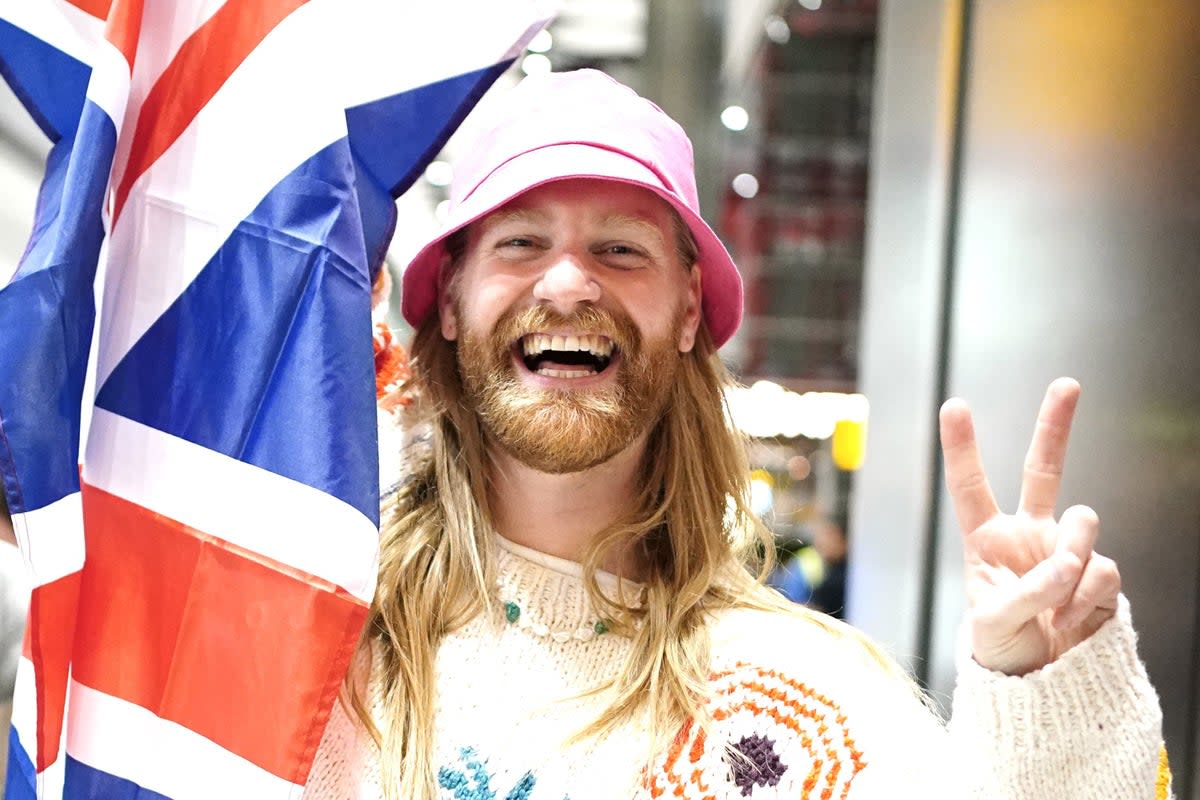
Liverpool and Glasgow are the two cities which remain in the competition to host the 2023 Eurovision Song Contest, the BBC has announced.
They have been selected after Birmingham, Leeds, Newcastle, Sheffield and Manchester were removed from contention to host the music event in place of Ukraine.
Ukrainian entry Kalush Orchestra triumphed at the 2022 competition in Turin, Italy, but the European Broadcasting Union (EBU), which produces the annual event, decided the show cannot be safely held in the country following Russia’s invasion.
That's boss! 👍 Liverpool is a city that moves to its own rhythm and music has always been at the heart of what makes it special 🎶
👉 Learn more about Liverpool's bid to host #Eurovision 2023 here: https://t.co/vvAOPyjvAQ pic.twitter.com/W9Me82jFw6— Eurovision Song Contest (@Eurovision) September 4, 2022
Either Liverpool or Glasgow will host the 67th Eurovision Song Contest after the UK was given the chance to host the event for the ninth time – more than any other country – after Sam Ryder came second in the competition.
In August a list narrowed down from 20 UK cities who initially submitted an “expression of interest” was released by the BBC, with applicants across all four regions demonstrating how they would reflect Ukrainian culture, music and communities.
Of the seven cities named in August, six were in England, one in Scotland, with Belfast failing to make the cut for Northern Ireland.
Eurovision moments - In pictures
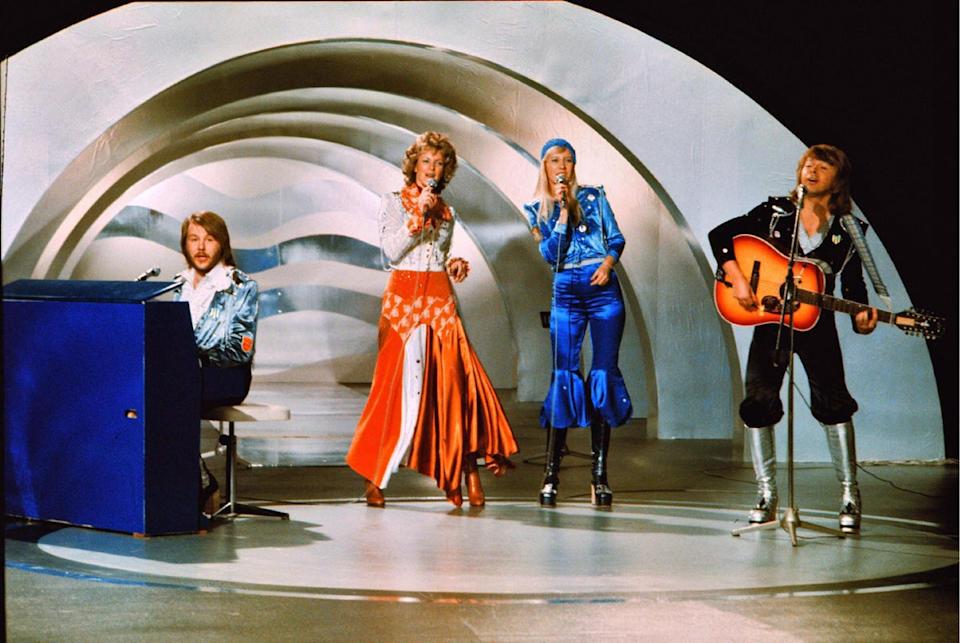
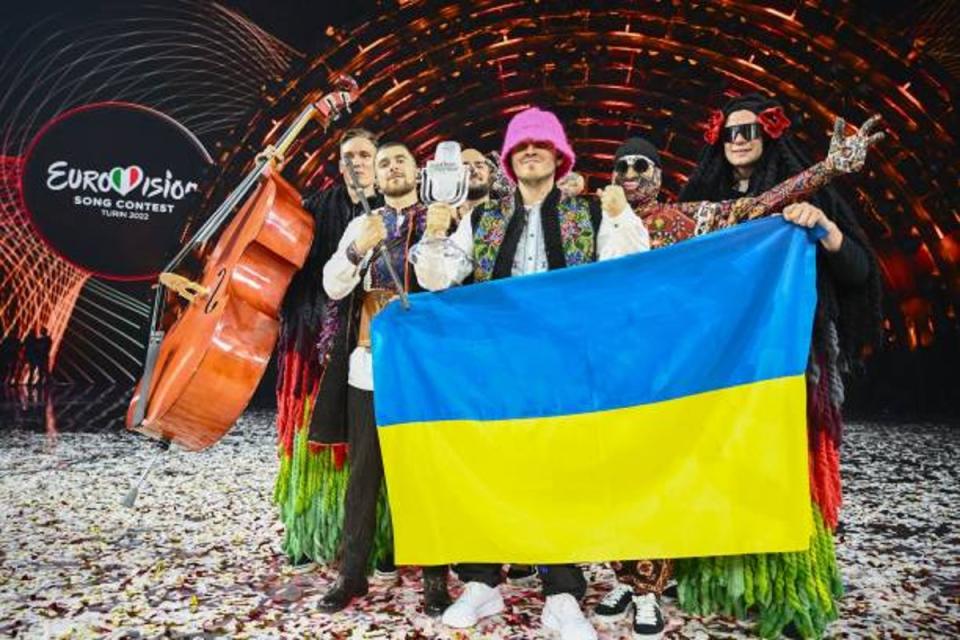
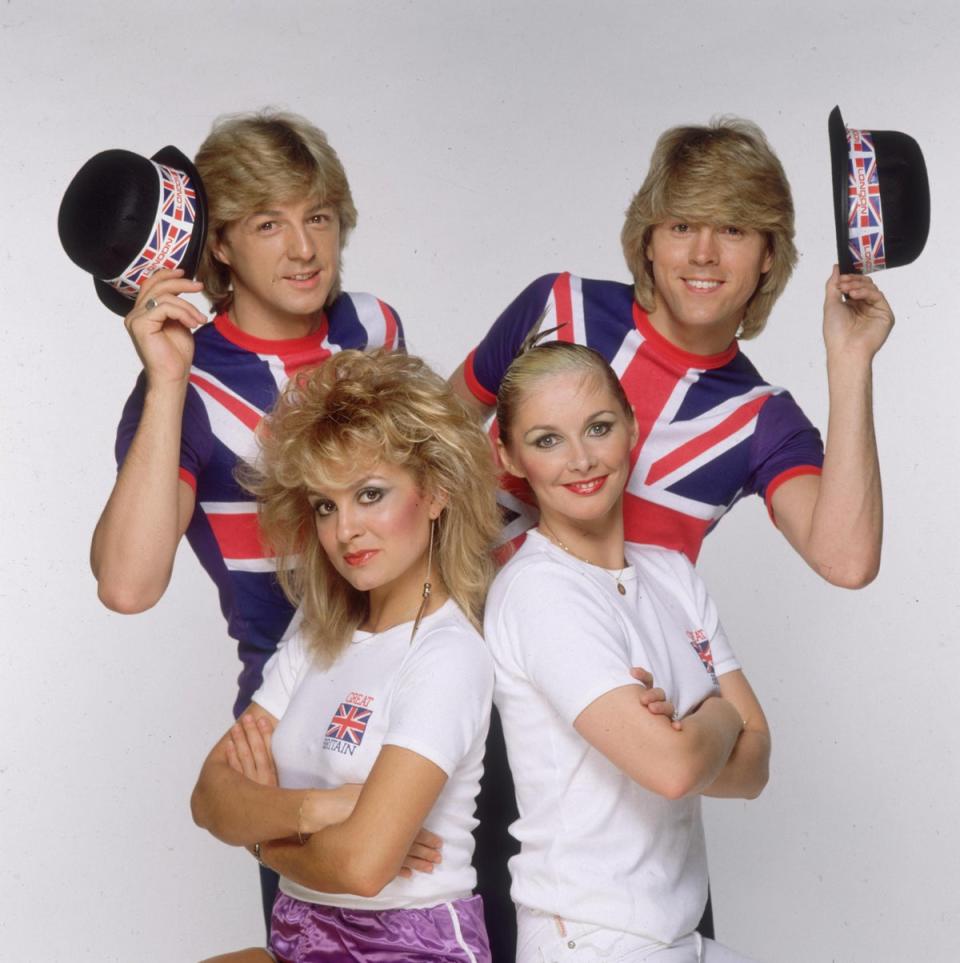
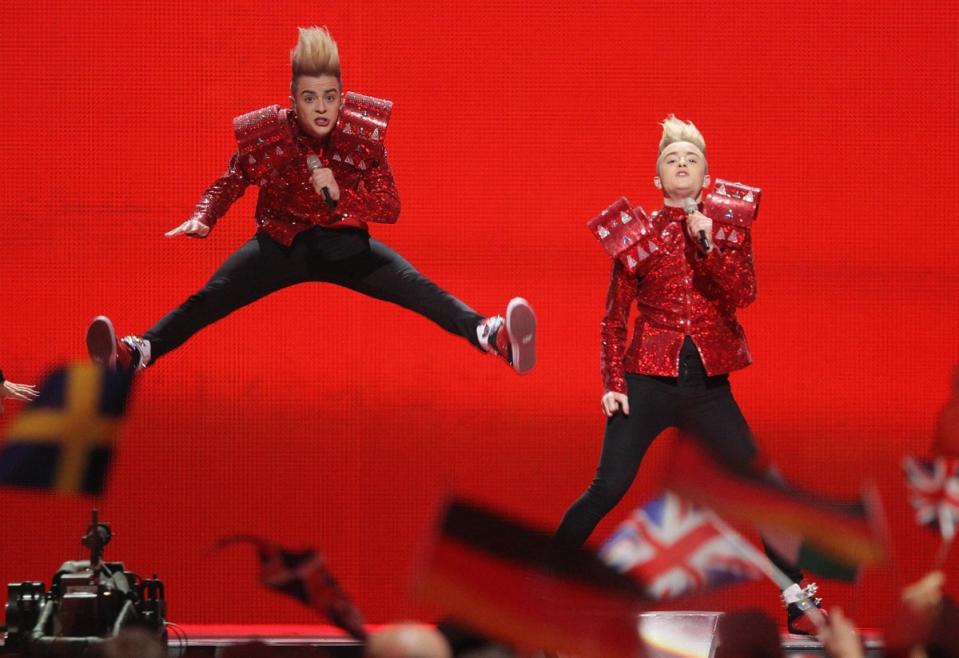
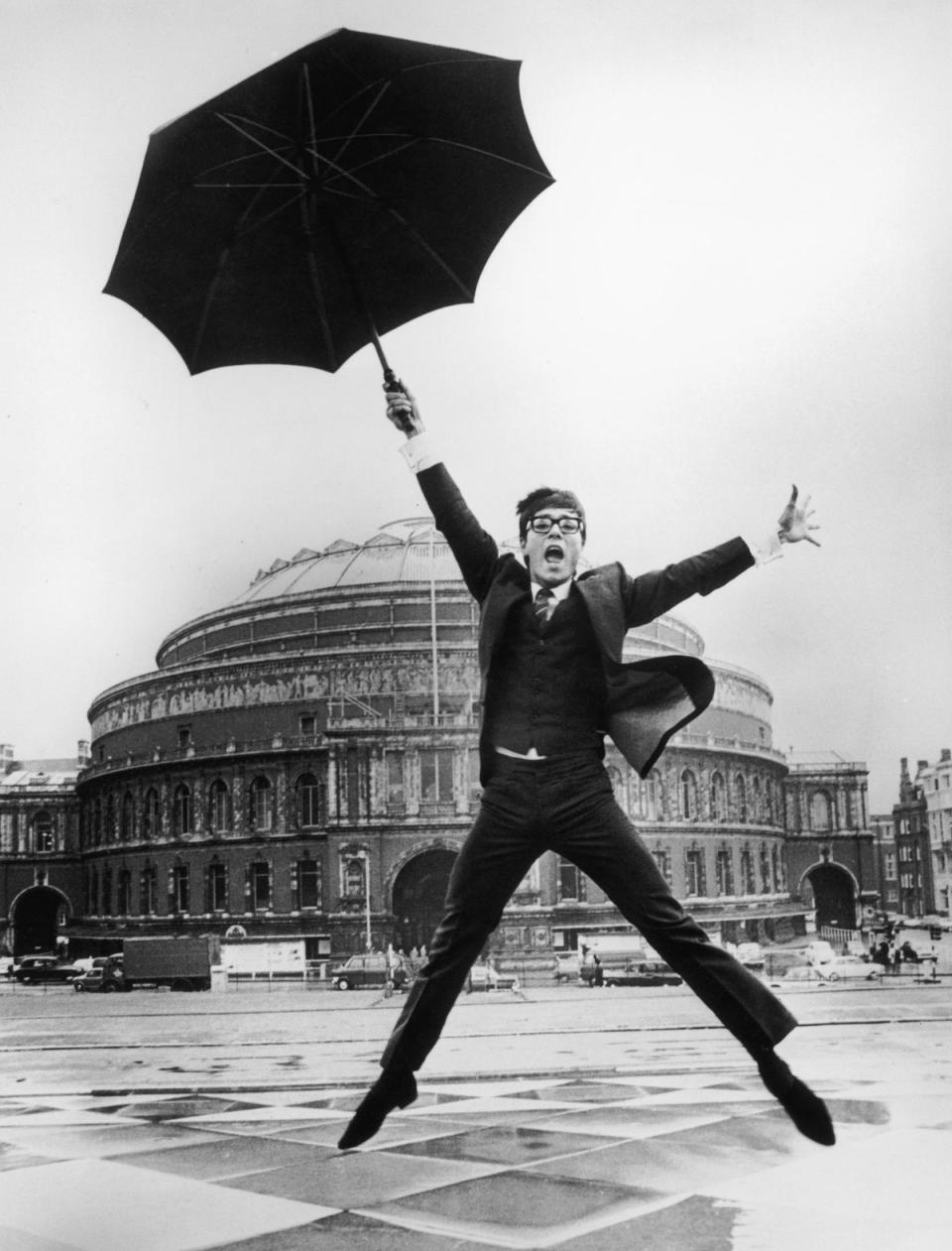
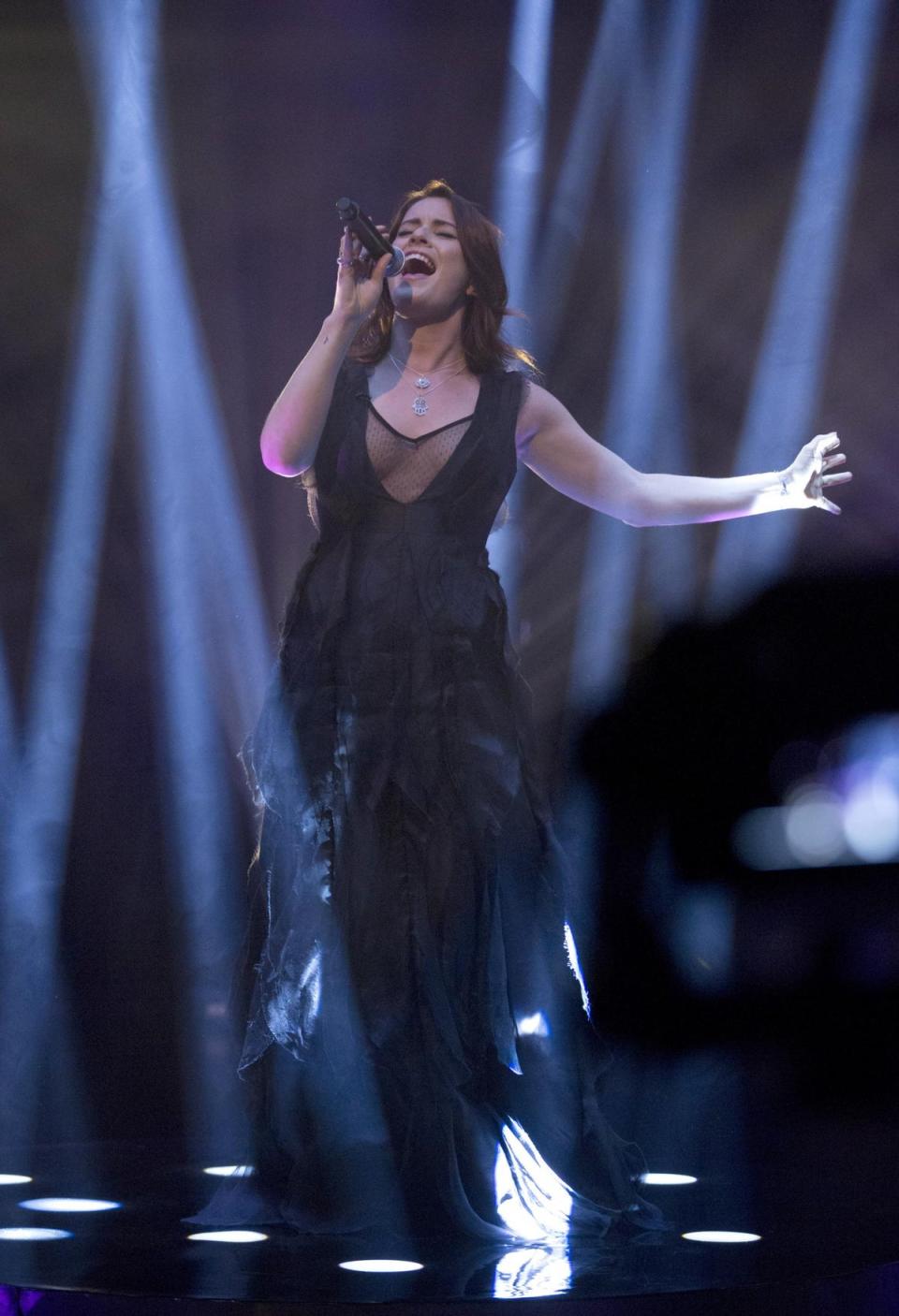

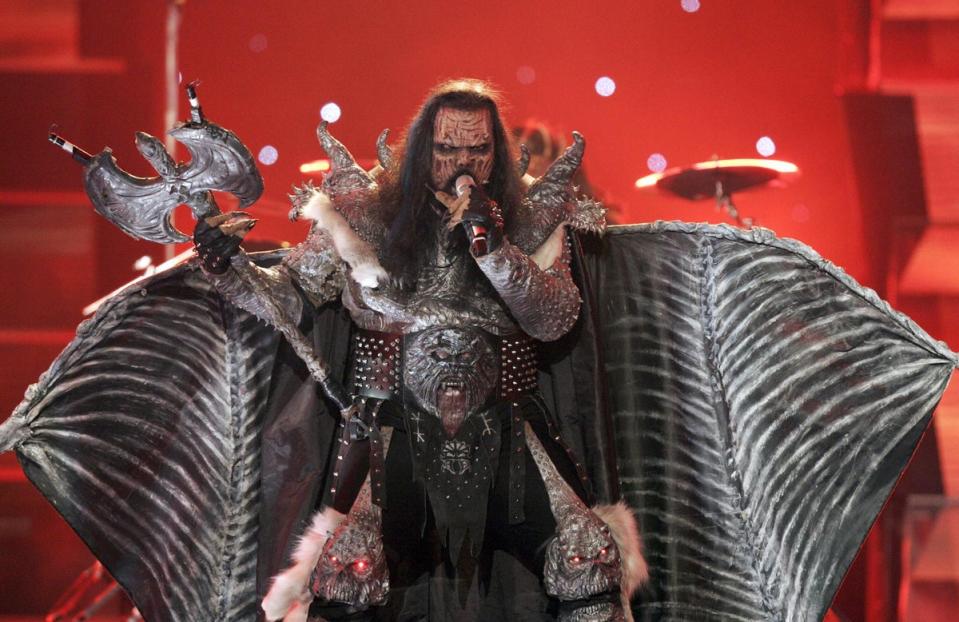
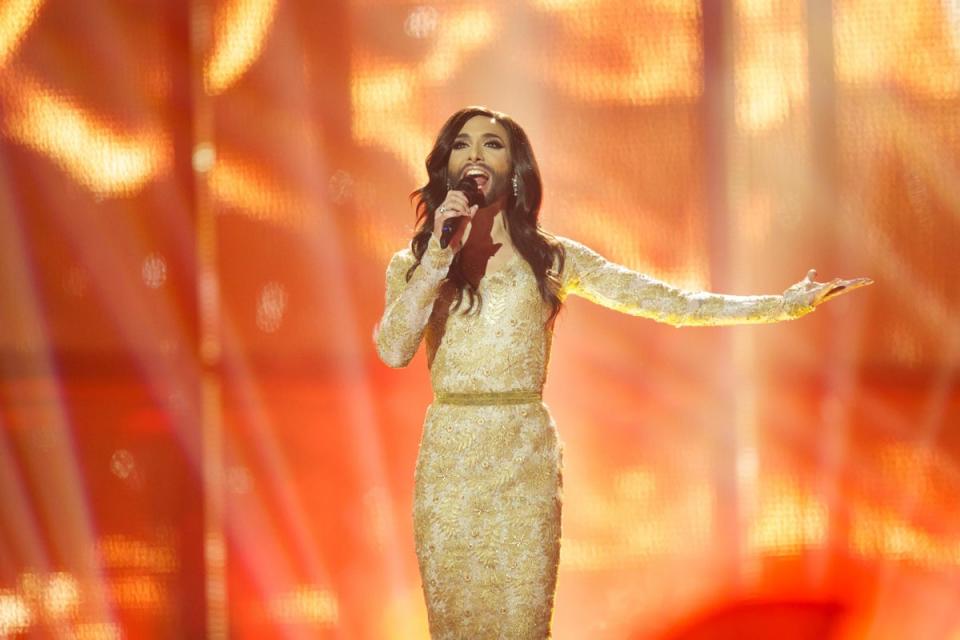
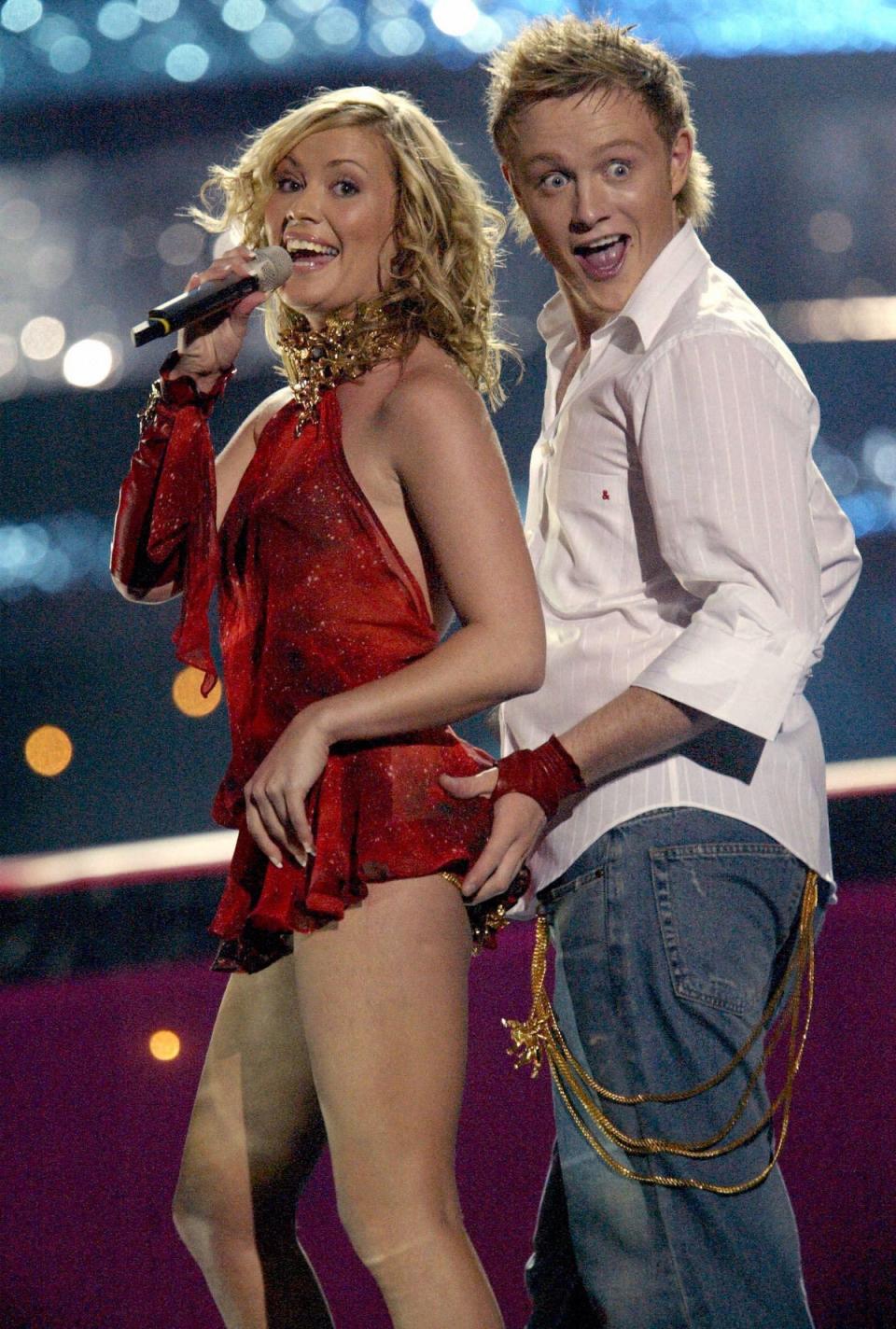
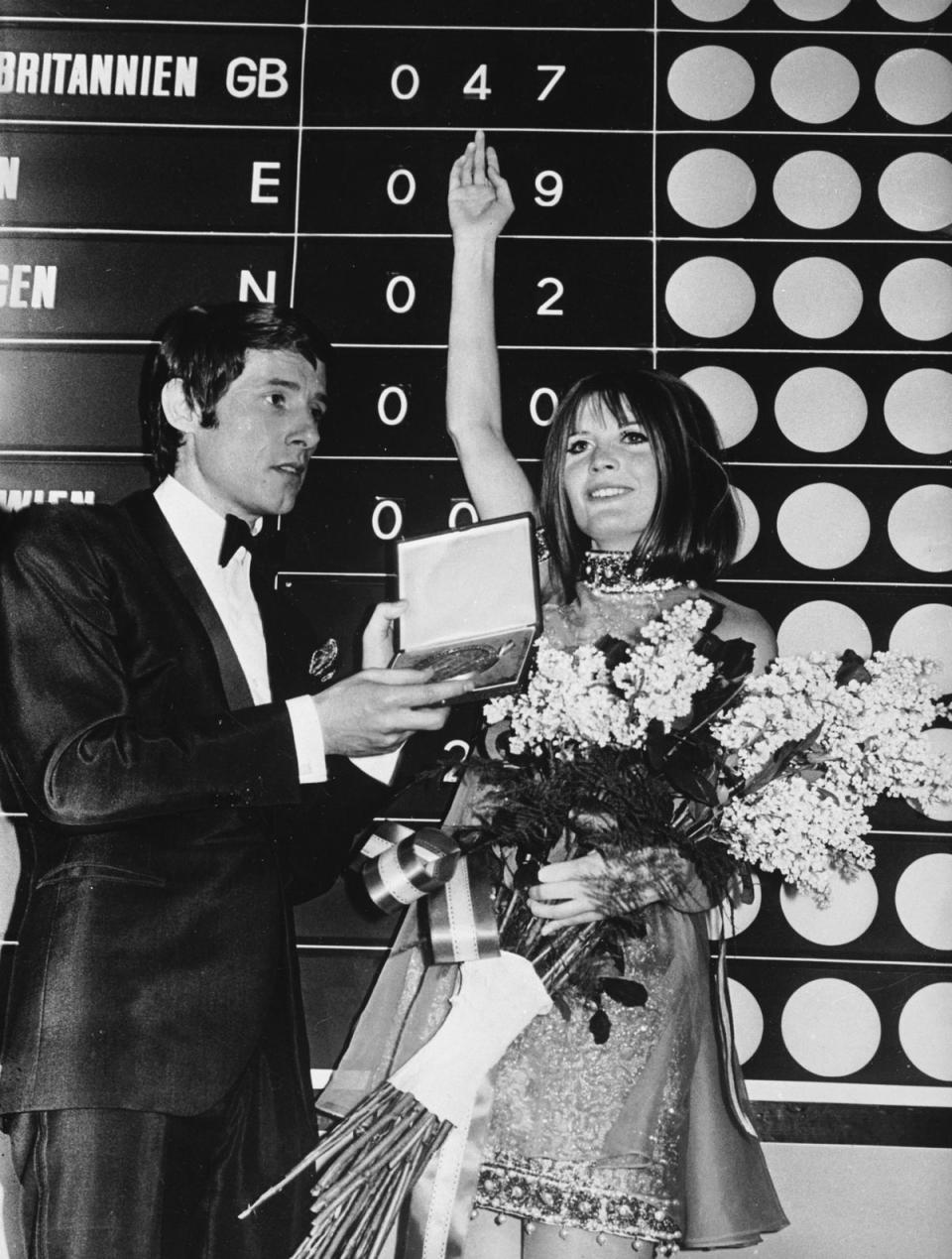
Requirements included “a suitable venue and sufficient space to deliver the requirements of the Song Contest”, necessary commitment to the contest including a financial contribution, and “alignment with the BBC’s strategic priorities as a public service broadcaster”.
Liverpool, which has been a Unesco City of Music since 2015, is synonymous with The Beatles and has a rich music heritage.
In June Mayor of Liverpool Joanne Anderson said: “Culture is synonymous with Liverpool and we tick all the boxes to be next year’s host, great venues, enviable experience, a world-renowned music heritage, Unesco City of Music status and of course the warm Scouse welcome that just can’t be beaten.”
In 2008 Liverpool hosted the MTV Europe Music Awards and it is also home to the Royal Liverpool Philharmonic Orchestra.
Gaun yersel! 💪 Glasgow has an epic history spanning from medieval to modern - and it has a Eurovision connection too! The city's arena appeared in The Story of Fire Saga 🔥
👉 Find out more about Glasgow and their bid to host #Eurovision 2023 here: https://t.co/ZQRuoQK7Of pic.twitter.com/pcCYmxBadk— Eurovision Song Contest (@Eurovision) September 2, 2022
Scotland’s First Minister Nicola Sturgeon also previously voiced her support for Glasgow as the home of the contest in June, with the OVO Hydro arena, which features in the Netflix film Eurovision Song Contest: The Story of Fire Saga, in the city previously rumoured to be a favourite location to host the contest for the UK.

Scottish singer Lulu represented Britain at the Eurovision Song Contest in 1969, with song Boom Bang-A-Bang. She was the joint winner that year as she shared the prize with France, Netherlands and Spain with 18 points apiece.


